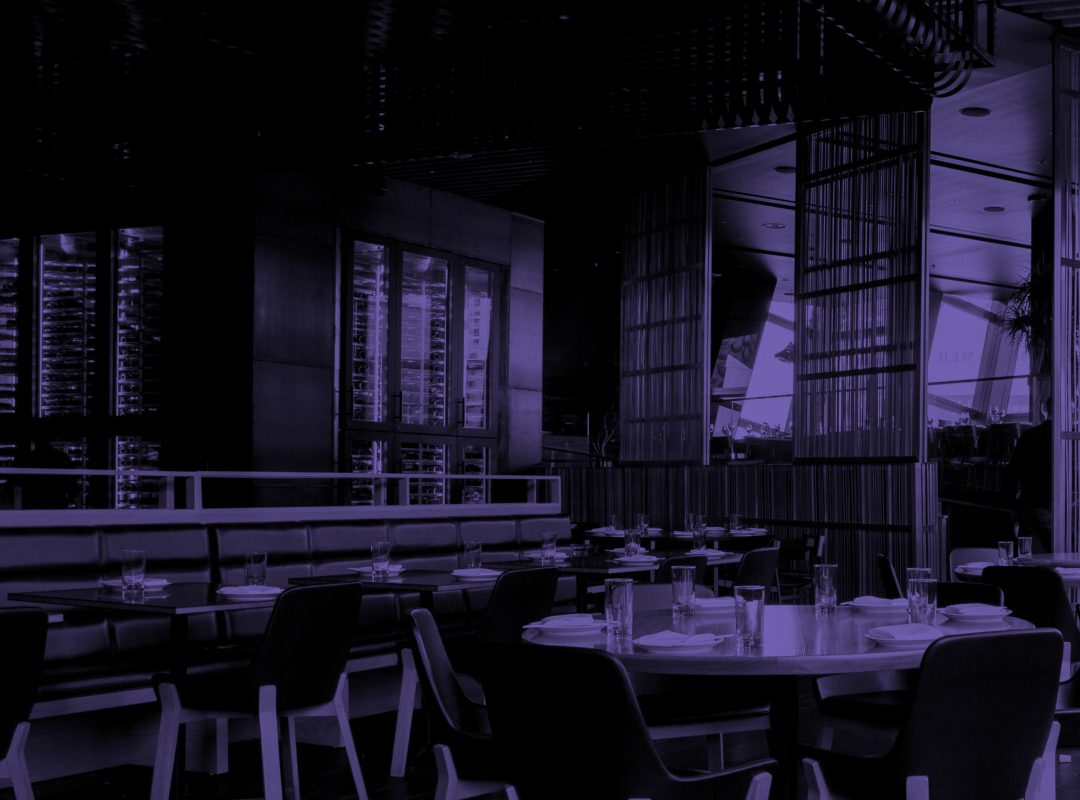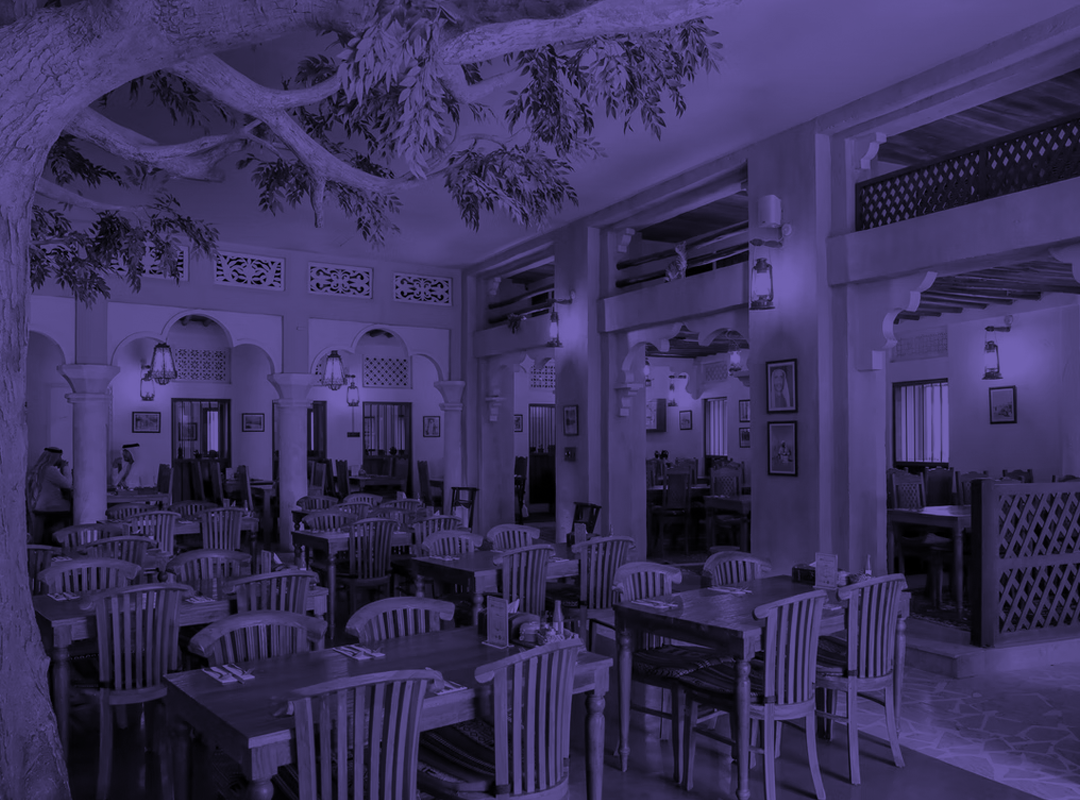Dubai offers promising opportunities for those looking to establish a small food business, particularly due to its international demographic, vibrant urban life, and rapidly evolving hospitality sector. That said, before opening your doors to guests, you’ll need a clear understanding of what’s legally required—from financial commitments to obtaining the proper authorizations. Running a café in accordance with local laws requires securing a trade license issued by the city’s economic department and obtaining additional clearance from relevant municipal bodies like Dubai Municipality.
To legally establish a cafeteria in Dubai, you’ll need to follow a structured process that involves several formalities:
- The first step is to choose a relevant business category, such as “small food service” or “cafeteria,” from the catalog of activities approved by the local economic authority. This classification is essential for registering your business.
- At this point, you’ll need to choose a name that reflects the identity of your café and complies with the official naming policies issued by Dubai’s economic authority. Once the chosen name gets approved, it becomes part of your company’s legal records.
- The next step involves seeking initial validation from the relevant regulatory body to ensure that your intended business activity is allowed under the local commercial framework.
- For those starting the business with partners, it’s necessary to draft a Memorandum of Association (MOA) and have it notarized. This document lays out the ownership shares and internal governance of the company.
- Next, you’ll need to secure a location that meets all required criteria in terms of zoning, public health, and safety. A tenancy contract must also be signed to formalize your occupancy.
- Following that, an application must be submitted to the Dubai Municipality for a food safety approval. This certification verifies that your facility complies with hygiene standards and proper food handling regulations.
- The final step involves assembling the complete documentation package and forwarding it to the economic authority for evaluation. Upon successful verification, you will receive formal authorization to legally launch your business within the emirate.
The cost of acquiring a license for a café in Dubai is influenced by a combination of variables, such as the type of service offered, the physical dimensions of the venue, and its geographic placement within the city. In general, the price for securing a basic cafeteria license falls between AED 10,000 and AED 30,000, with most applicants paying around AED 14,350 on average.
Additionally, to meet health and hygiene regulations, a food safety certificate—issued by the city’s municipal authority—starts at AED 5,000 but may be higher depending on menu complexity and preparation methods.
When planning for the launch of your café, expect the minimum setup costs to begin from approximately AED 120,000. More sophisticated or upscale setups may require funding closer to AED 170,000, which includes expenses related to rental agreements, interior outfitting, and acquiring all necessary legal approvals.
Recurring annual costs should also be considered, including license renewals, municipality-imposed market fees calculated as a percentage of rent (commonly 2.5%), labor file initiation, staff visa processing, rental of a P.O. Box, and staying updated with legal obligations. Your selected premises must also conform to municipal guidelines, which include using durable, non-absorbent, and fire-retardant surfaces; having proper sinks; maintaining good ventilation; and allowing enough room for food preparation. The café should not be situated within 50 meters of waste disposal or sewage facilities.
To complete the licensing process, applicants must prepare a full documentation package. This typically includes a registered business name certificate, a notarized Memorandum of Association (MOA), a valid Ejari tenancy contract, passport copies for shareholders or owners, an approved layout design, food safety clearance, and the initial permit from Dubai’s Department of Economic Development (DED).
Opening a cafeteria in Dubai can lead to long-term success if approached with strategic planning and full compliance with local regulations. Whether your focus is on fast snacks or specialty coffee, obtaining the correct business license is a crucial starting point on your entrepreneurial journey.


